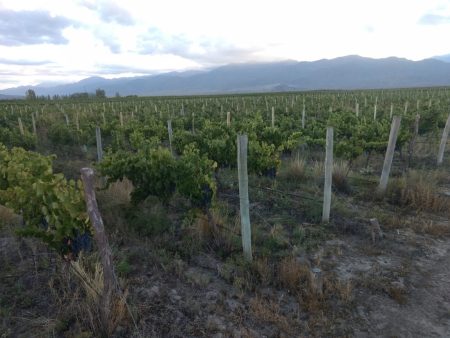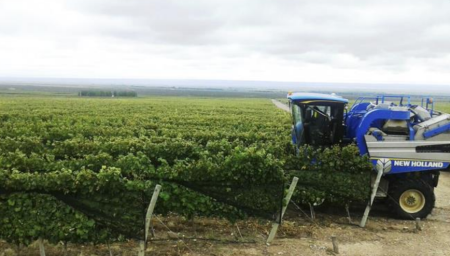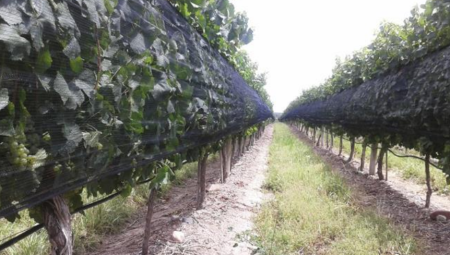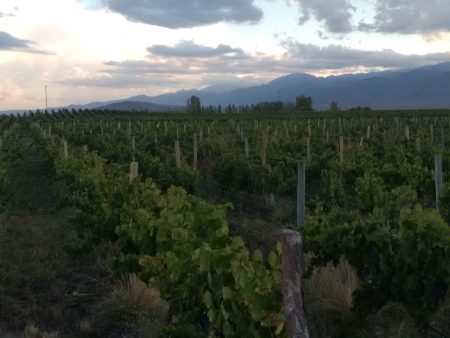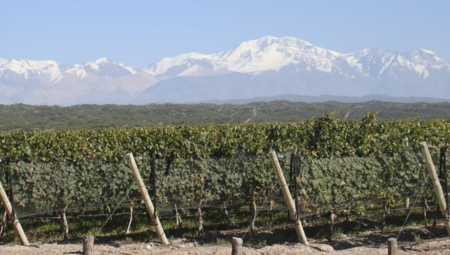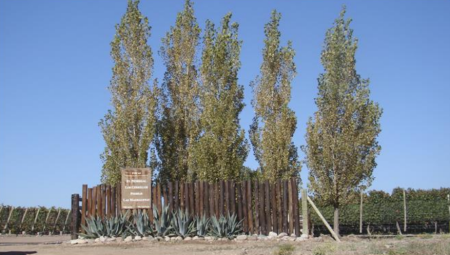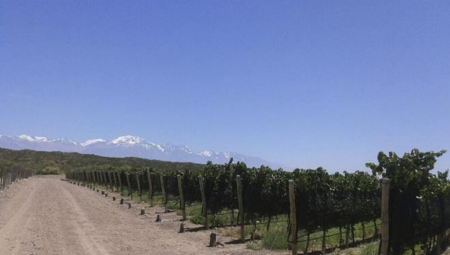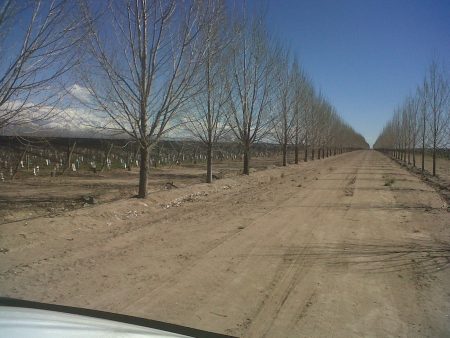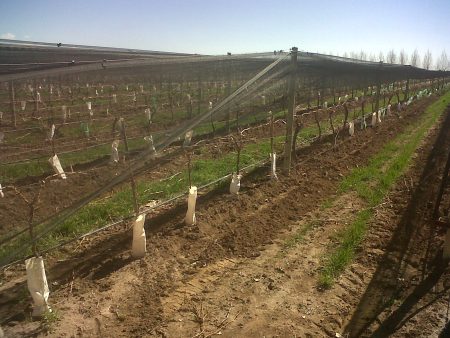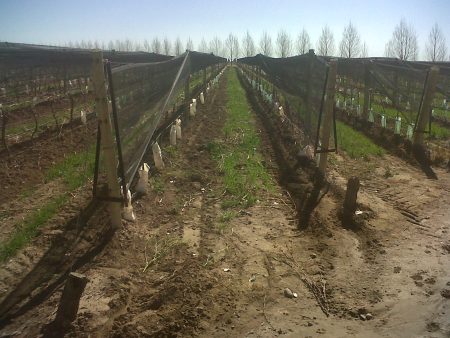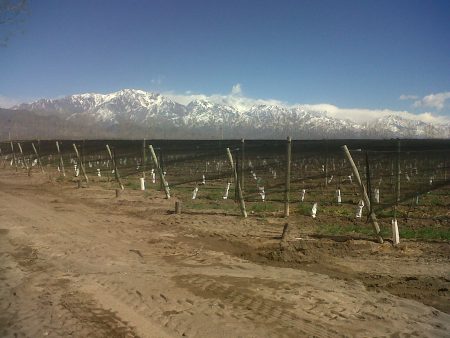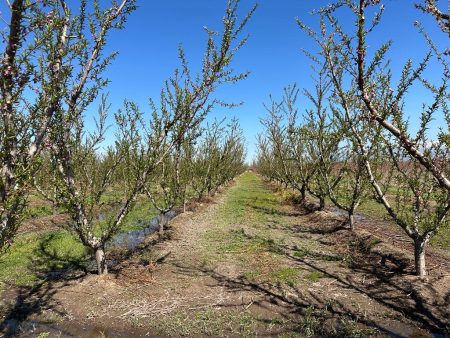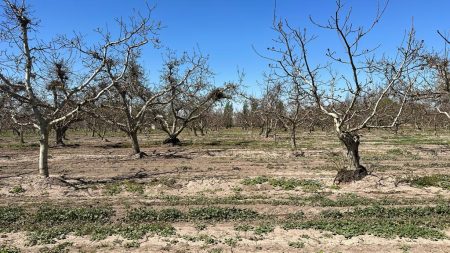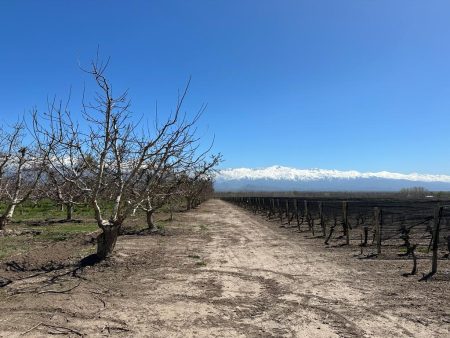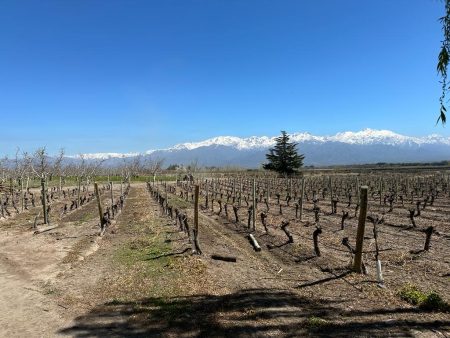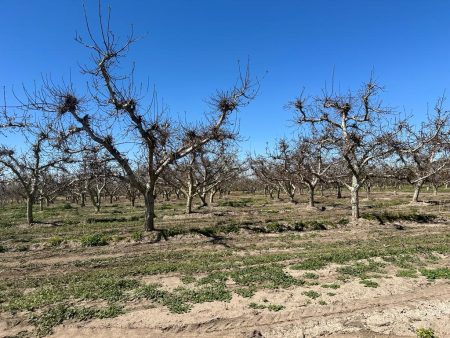Introduction:
Argentina finds itself at a crucial juncture with the election of Javier Millie as its new president. In this blog post, we will delve into the reasons behind Millie’s election, explore the potential implications for the Argentine economy, and specifically examine what this could mean for the country’s lucrative wine industry, as well as the investment prospects in vineyards and farmland.
Factors Behind Millie’s Election:
Javier Millie’s election can be attributed to a variety of factors that resonated with the Argentine electorate. A seasoned politician, Millie positioned himself as a unifying figure, emphasizing a pragmatic and inclusive approach to governance. His commitment to addressing economic challenges, social issues, and corruption appealed to a broad spectrum of voters, cutting across traditional political divides.
Millie’s campaign was marked by a focus on practical solutions and a commitment to fostering unity. His ability to bridge gaps and present a comprehensive vision for the country won over voters seeking stability and effective governance.
Economic Implications and Opportunities:
As President, Millie has outlined an economic agenda that emphasizes fiscal responsibility, structural reforms, and collaboration with international partners. These principles are likely to have a positive impact on Argentina’s overall economic climate, potentially attracting foreign investment and creating an environment conducive to business growth.
For the wine industry, a key sector of Argentina’s economy, this could translate into enhanced opportunities. Millie’s commitment to creating a more business-friendly environment may encourage both domestic and foreign investors to explore the potential of the Argentine wine market.
Investment in Vineyards and Farmland:
The wine industry, known for its robust contribution to Argentina’s economy, could witness increased interest from investors under Millie’s administration. The President’s emphasis on attracting foreign investment aligns with the potential for growth in the wine sector, which has already established itself as a global player.
Investing in vineyards and farmland in Argentina, a cornerstone of the wine industry, may become an attractive proposition under Millie’s leadership. The administration’s commitment to fostering economic stability and creating a favorable business environment could provide a conducive backdrop for such investments. Foreign investors, in particular, may find the prospect of contributing to Argentina’s renowned wine production appealing.
Challenges and Considerations:
While the potential for growth in the wine industry and related investments is promising, challenges remain. Economic reforms must strike a delicate balance between attracting investment and preserving the social fabric. Additionally, external factors such as global economic conditions and trade dynamics may influence the success of these endeavors.
Conclusion:
Javier Millie’s presidency ushers in a new era for Argentina, with potential opportunities for economic growth and investment in various sectors, including the wine industry. As stakeholders assess the evolving landscape, it is essential to remain vigilant, considering the delicate balance required for sustainable economic development. The wine industry, with its global appeal, stands to benefit from the administration’s commitment to a more business-friendly environment, offering both challenges and opportunities for investors looking to be part of Argentina’s economic resurgence.











